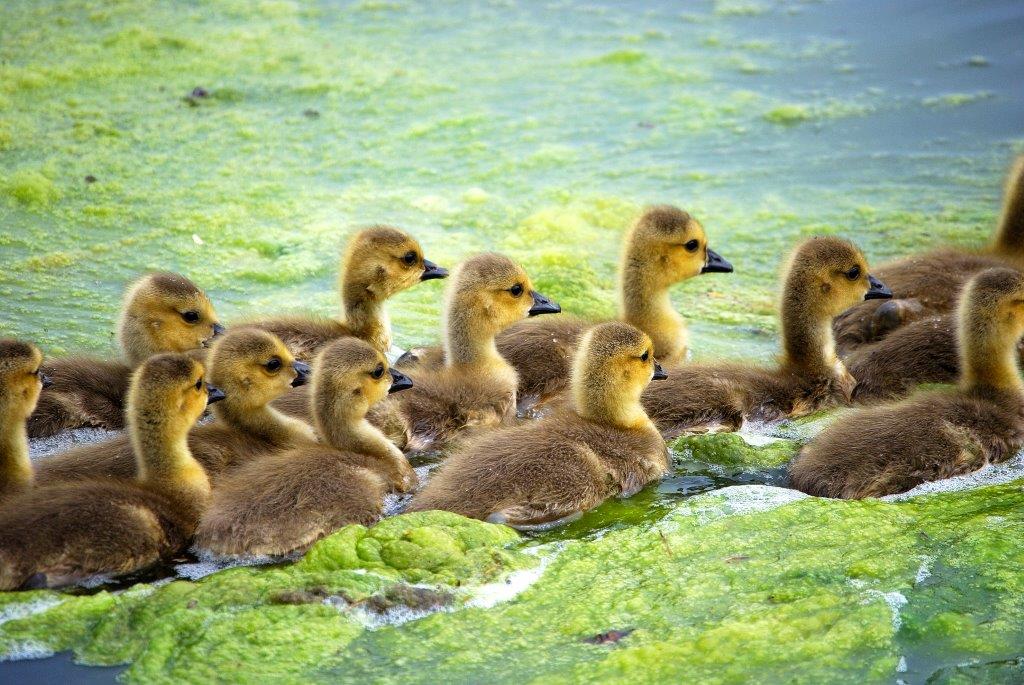CORNWALL, Ont. – How are human beings changing Ontario’s lake and river ecosystems?
The next ‘Science & Nature on Tap at Schnitzels’ session with guest speaker Dr. Jesse Vermaire, of Carleton University, aims to answer the important question.
Vermaire, who works in the aquatic ecosystems and environmental change lab, will share information from his research that indicates how and why algae and aquatic plants are changing lakes and rivers, both regionally and nationally, at the downtown restaurant on Wednesday (May 4).
“Canada has millions of lakes and rivers, and for many Canadians summer would not be the same without trips to the cottage, swimming, fishing, and canoeing,” said Vermaire. “Despite our love of lakes and rivers, human actions are increasingly stressing many of our freshwater ecosystems.”
According to the St. Lawrence River Institute of Enviromental Sciences, 2015 was considered a distressing year for algae in the Great Lakes.
“Algae blooms on Lake Erie were so thick that the green in satellite photos could be mistaken for well-fed lawns encroaching into the lake,” said Karen Douglass-Cooper, the river institute’s communications director. “Not only were these blooms unsightly, many of these algae blooms were of the sort that prove to be toxic to both animals and humans.”
The Ontario Ministry of Environment and Climate Change are asking anyone seeing algae blooms to report them into the province’s spill response hotline. Not isolated to southwestern Ontario, this problem is also seen in eastern regions of the province as well.
“Local paddlers and anglers are already reporting early signs of algae in our streams and rivers this spring,” said Douglass-Cooper. “Why is this happening? Lakes and rivers in eastern Ontario are facing warmer temperatures, invasive species, as well as excessive agricultural and storm water runoff containing phosphorous and nitrogen. All of these environmental stressors can add up, and change the amount and types of algae and aquatic plants living in lakes and rivers.”
This free Science & Nature on Tap’ session, hosted by the St. Lawrence Institute of Environmental Sciences, takes place at Schnitzels European Flavours on Pitt Street.
For more information or to reserve a seat, contact (613) 936-6620 or e-mail kcooper@riverinstitute.ca or visit www.riverinstitute.ca.



